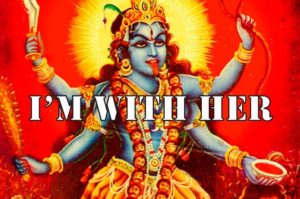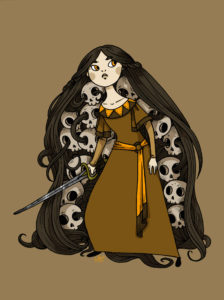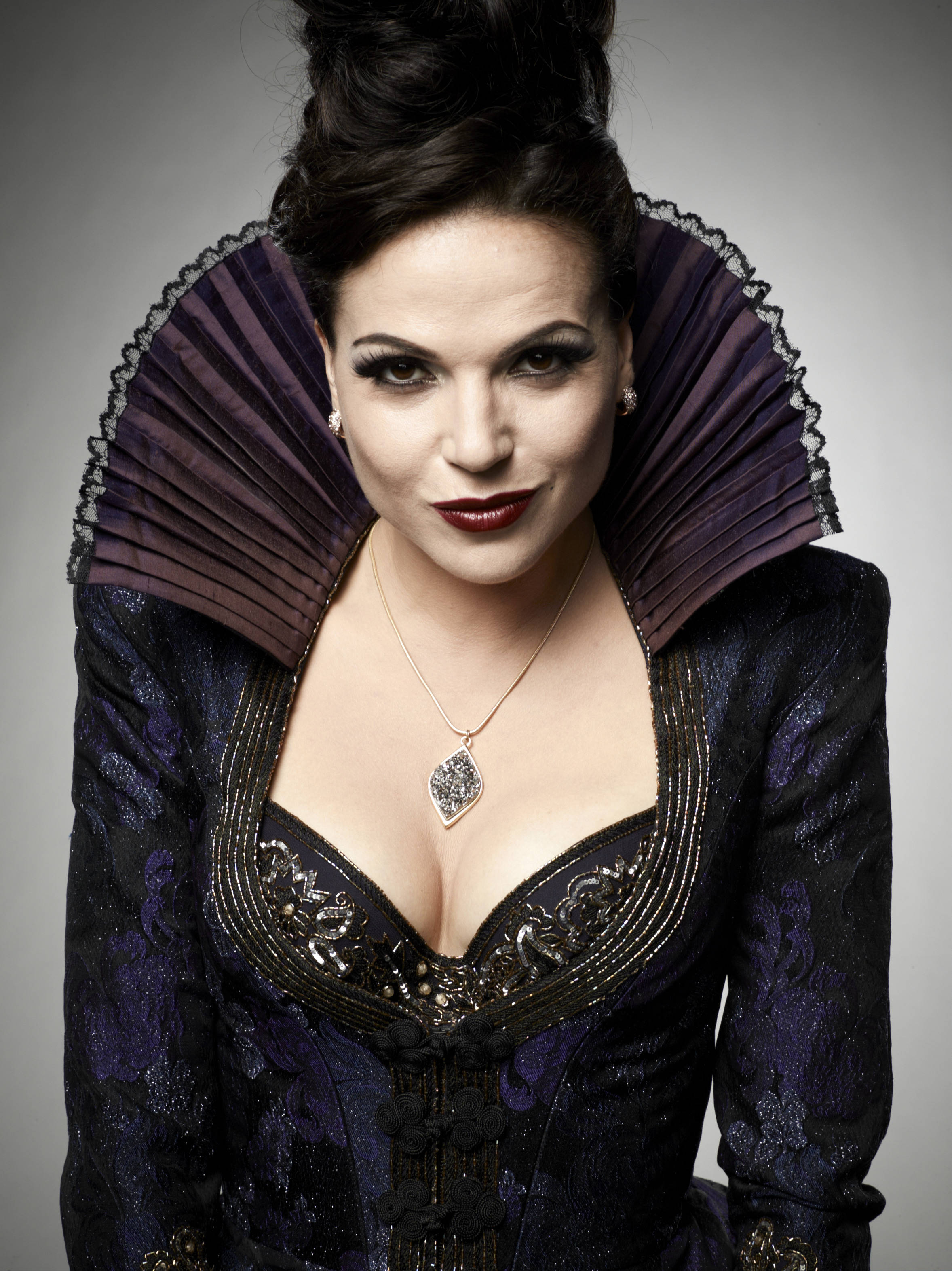This fall, our church had the honor of hosting the Rev. Elizabeth M. Edman, presenting her new book Queer Virtue: What LGBTQ People Know About Life and Love and How It Can Revitalize Christianity (Beacon Press, 2016). Edman is an Episcopal priest and political strategist and an out lesbian. She proposes that Christianity and queerness have a common interest in rupturing false binaries that create injustice and estrangement. The first half of the book argues for “the inherent queerness of Christianity”, using parallels from LGBTQ identity and community life to describe a faith centered on scandalous intimacy and countercultural family formation. The second half surveys virtues that LGBTQ people have had to cultivate for their survival–such as authenticity, hospitality, and healthy pride–and holds them up as an ethical role model for Christians.
I want to get my one disagreement with Queer Virtue out of the way first, because if unaddressed, it could overshadow the treasures otherwise to be found in this book. In my last post I discussed the fallacy of trying to prove that one’s preferred image of Jesus is the “real” Jesus. So I was disappointed that in a book devoted to barrier-breaking, nonbinary spirituality, Edman begins by drawing a distinction between “nominal” and “authentic” Christianity (pgs.xii-xiii). Nominal Christians are the broader group: any people or institutions that call themselves Christian. Authentic Christians are that subset who are following “a lived faith in keeping with the ancient tradition that has been handed down in the Western canon of scripture and from the early (especially pre-sixth-century) church.” Within that tradition, Edman says she will focus on the aspect of Christianity “as a spiritual journey that prioritizes the ancient Christian impulse to rupture simplistic binaries, especially those pertaining to the relationship between Self and Other.” (pg.xiii)
Okay, so that is the impulse that led me to become a Christian in the first place, and it was thrilling and validating to finally find another Christian who defined our core commitment this way! But… I have been involved with churches, small groups, and theology conferences for two decades, and this perspective that I share with Edman is very unusual. To be rather simplistic, conservatives adore binaries (holy/sinful, male/female, infallible/depraved, sovereign God/obedient subjects) while liberals fail to tap the nonbinary potential of the Trinity and Incarnation because of their skittishness about supernatural metaphysics.
I think Edman is begging the question that queer Jesus is the dominant strain in that ancient tradition. (If only that had been my experience!) That may be his chief significance for us, but casting shade on other Christians’ priorities will, I fear, only confirm non-affirming Christians’ anxiety that LGBTQ inclusion undermines doctrinal fundamentals beyond the one issue of sexuality. Which wouldn’t be such a bad thing, in my opinion, but let’s have the courage to say we’re putting our wine in new wineskins instead of overstating the historical record.
Now that’s over with, let’s move on to what is awesome about this book. Pronouns: Edman uses gender-neutral Ze/Hir for God, and alternates among male, female, and neutral pronouns for humans. I like this challenging reminder of God’s strangeness, Hir transcendence of human gender categories, even as we retain the well-loved Biblical metaphors of God as loving father, brooding mother hen, Son of Man, and so forth.
Another great development is the invitation to shift from defending homosexuality as an issue, to celebrating LGBTQ lives as spiritual role models. This person-centered, love-oriented approach seems in keeping with a religion founded on relationship with God-become-human. “Queer individuals are called to perceive a truth inside themselves, name it as an identity marker, reckon with it, tell the truth about it even in the face of hostility, find others who perceive a comparable identity marker, and build community for the betterment of all of us… In my faith tradition, we refer to this as a call. It is a vocation.” (pg.9)
Indeed, for me, awareness of my sexual or gender identity feels like it uses the same faculties of perception as my experience of Spirit. It’s a sort of deep resonance in the heart that can’t be explained to everyone, but is the foundation of whatever else I know about myself. Both can require the same kind of trust in my intuition and body-knowledge, and the fierce self-love that resists intellectual gaslighting.
I wonder, though, does a vocational community formed around Christian faith permit as much respect for each other’s inner truths as a community formed around queerness? To walk the path of queer virtue, all I have to do is believe in my own experience and respect others’. To be a Christian, on the other hand, can I avoid passing judgment on my fellow Christians who are “doing it wrong”? Does the doctrinal or ethically prescriptive aspect of religious community always force us somewhat in the direction of conformity, in a way that’s not true of LGBTQ community?
Edman goes some way toward resisting religious conformity with her celebration of “scandal” as a virtue common to queers and followers of Jesus. LGBTQ people and other minorities face constant pressure from respectability politics, i.e. buying acceptance by assimilating to majority mores and judging other members of the minority group who don’t do the same. For instance, gays and lesbians in the church have mainly fought for inclusion within the ideal of monogamous marriage, rather than making a theological case for respecting the other forms of sexual relationship that their communities have developed. By contrast, Edman cites Michael Warner’s The Trouble With Normal for the ethical vision of not pretending to be above the indignity of bodies and their desires. In sex-soaked gay male culture, where there is the most flamboyance, the most carnal abjection, there may also be the greatest humility and openness to one another. Similarly, Jesus shocked even his followers by touching outcasts and submitting to all the vulnerabilities of the flesh, including being eaten–symbolically, or literally, depending on your view of the Eucharist! The word for Communion, koinonia, meant both “common” and “defiled” in the Greek of Jesus’s day. (pgs.80-82)
Perhaps the greatest scandal is the Crucifixion and Resurrection, which reverse our deepest notions about power and mortality. If I believe anything about Jesus, it’s this:
For Paul, this is a cosmic shattering of something that operates as a stranglehold on humanity: the idea that death is the most powerful thing we know. The scandal of the cross means that death and its affiliates–terror, torture, physical and spiritual agony–lose their potency as the ultimate stumbling block, the ultimate bait and trap, the ultimate outrage.
Paul sees clearly that this shattering opens up a horizon of ethical possibility, an ethical vision that in some ways parallels what Michael Warner sees in queer experience: the ability to learn the most from those you think are beneath you. (pgs.85-86)
The scandalous way of queer Christian virtue declares that shame has no power to suppress our true selves or separate us from God. That ethical path is not as simplistic and one-sided as casting off shame entirely, because people do sin and need prompting toward repentance. It’s a call to be careful and politically conscious about what we consider shameful and how we enforce it. (pgs.88-89)
These insights are picked up in Edman’s later chapter on the balance that LGBTQ Pride can bring to a Christian tradition that’s been focused on ego-resizing of the arrogant and privileged, at the expense of those whose self-worth needs shoring up.
In times like these when people are sensitive to the ways that words can do harm, it makes sense to lift up Christian disparagement of pride and ask churches to cut it out. We have no business asking queer people for whom Pride is a life-and-soul-saving concept to stand in a church and disparage the term. It would be useful if Christians could begin dismantling and rebuilding liturgical components such as prayers and hymns and replace the word “pride” with language that more accurately characterizes the problematic behavior… [such as] those who hoard power or who profit by appropriating resources from others….
…Imposing such a definition of sin [as pride] on human beings is one of the biggest hammers in the ideological toolbox of empire that Christianity was born to dismantle. This is ironic, because you’d think that defining pride as aggression and hubris would serve to contain imperialistic tendencies… But in practice, universalizing this definition of pride is one way the privileged Self absorbs and renders invisible all those less-privileged Others. Demonizing Pride is, in fact, one of the most effective ways that Christianity has ended up serving those who conquer and dominate, contributing to the disempowerment of people the world over. (pgs.114-15)
I’ll end with one last favorite passage in which Edman smartly dismisses accusations of moral relativism against queer liberation theology:
Because we have thrown off the moral absolutes that unequivocally condemn queer sexual behavior, the thinking goes, we have no real ethical grounding. Those who make these claims say that there isn’t anything we truly believe; our ethics blow with the prevailing wind.
This simply is not true. Queer people do not categorically reject absolute truth. We do view the concept of “absolute truth” warily, and we tend to take great care in our claims about truth. This caution is not a symptom of moral relativism, but is born of our awareness that callous, ill-informed appeals to “absolute truth” have caused vast suffering. It is true that we don’t usually get very deep into moral reasoning before someone asks, “How does this principle affect real people’s lives? Whose story does this take into account, or ignore?” We don’t do that because our morals are constantly in flux; we do it because we recognize that people’s lives are. Indeed, the impulse to take people’s real lives seriously is itself a moral absolute for many LGBTQ people. This impulse is an essential, characteristic strength of our ethical thinking. (pgs.126-27)
Let the church say Amen! The Jesus I see in the Gospels was always asking who benefits from a religious norm and who has the power to set these norms in the first place. (Jesus, the first deconstructionist!) All theology is standpoint-based. Queer Virtue demonstrates this in language that non-philosophers can understand. I am very grateful for this book.





